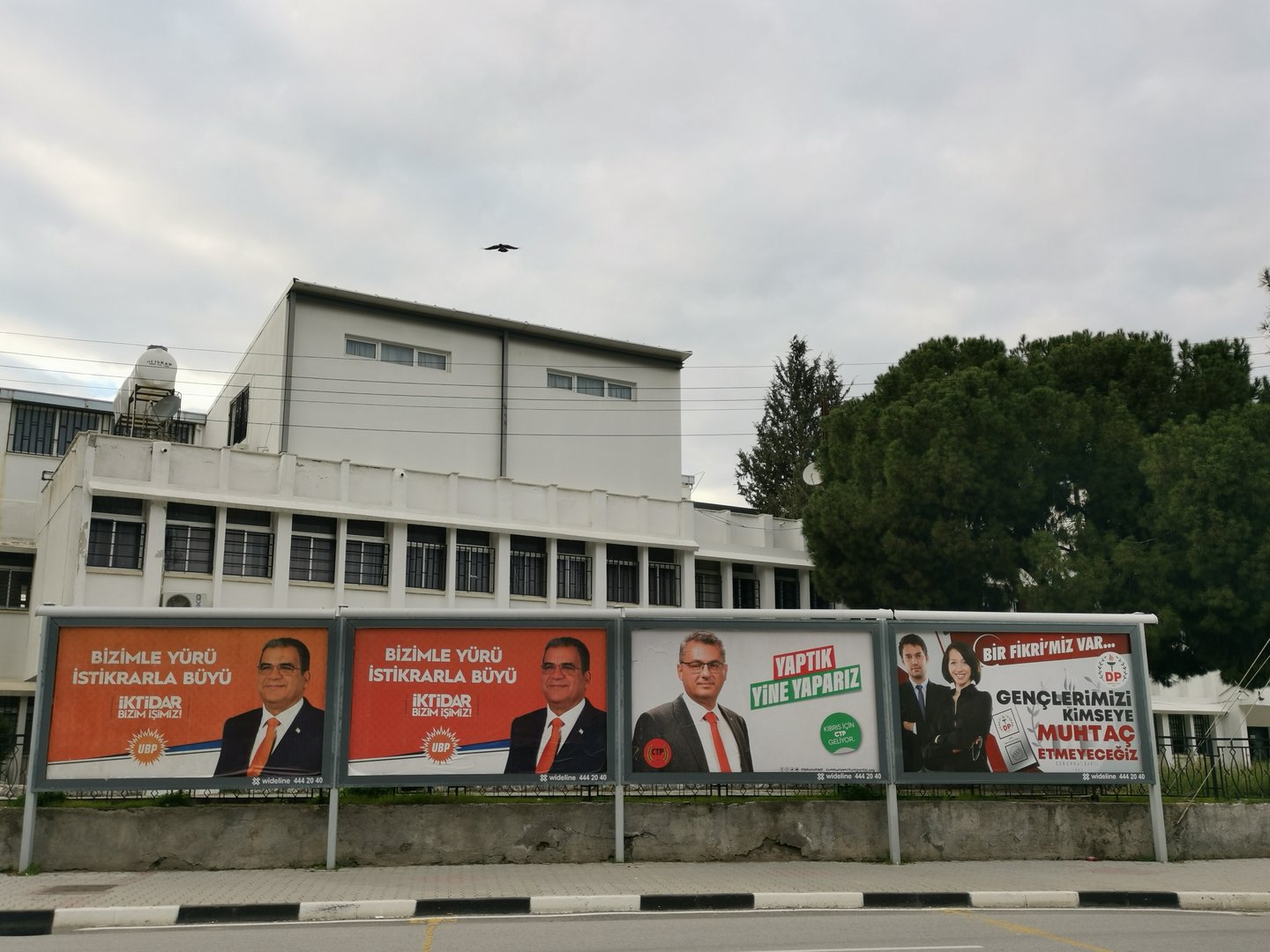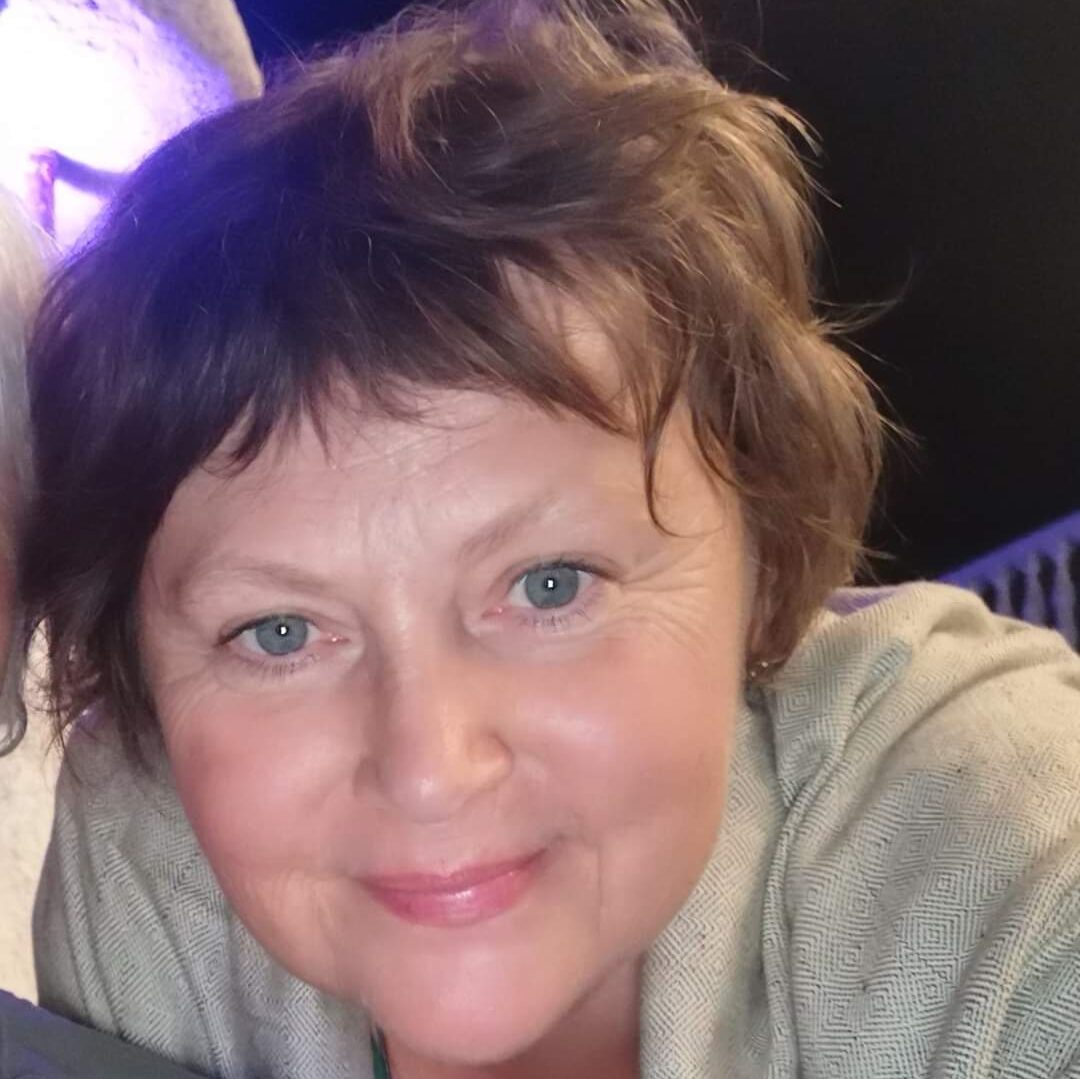An unprecedented level of voter apathy is expected to mark ‘parliamentary’ elections in the north today when Turkish Cypriots have to choose 50 representatives from eight parties in an early election, following the resignation of the UBP-DP-YDP coalition in November last year.
According to political analysts, the election is unlikely to produce any major surprises, but it will be marked by probably the lowest turnout ever. There are 203,792 registered voters in the north but experts predict that more than 40 per cent will not vote.
Ahmet Sozen, professor of political science at the East Mediterranean University in Famagusta said that because of Covid, almost no election campaign is visible (or audible) in the streets of the main towns.
“Streets are empty, coffee shops are empty, politicians are not really meeting people face-to-face. The campaign is much more evident on social media than in the reality,” he said.
‘Of course, some of this is caused by the pandemic but a lot has to do with the growing apathy among the population. People’s hopes and trust have eroded. These feelings of accumulated disappointment and dissatisfaction are growing, not just among voters but among the politicians as well because they are all part of the same society.”
Kemal Baykalli, political analyst and co-producer of the Nicosia Uncut podcast at the Island Talks podcast station, predicts that out of eight parties running in the election, most likely five or six will pass the 5 per cent threshold and enter the parliament. Everything points to the new parliament not being much different from the previous one.
He cited opinion polls which indicate that the UBP (National Unity Party) will come first, the CTP (Republican Turkish Party) second, and then, most likely, the DP (Democratic Party) will be in the third place.
Kudret Ozersay’s HP (People’s Party) and left-wing TDP (Social Democratic Party) will fight for fourth and fifth, while the so-called “Settlers Party” the YDP (Rebirth Party) are likely to come in fifth or sixth.
The remaining votes will be split between the Social Liberation Party – New Forces (TKP-YG) and newly-founded Independence Path (BY) but they won’t get enough to get in.
“UBP will be the biggest winner but I don’t think they will gain enough seats to govern alone, so we will have another coalition. And while I am not expecting a UBP/CTP one, any other configuration is possible, the most likely option being UBP-DP-HP. The truth is more parties in the government will make more people happy,” Baykalli said.
‘And now that Serdar Denktash has left the DP, the party has become one of the parties that Ankara favours. With the opinion polls predicting it will get about 9 per cent of votes it may become the kingmaker again.”
Sozen said that if it were a normal situation, namely no Covid and no Turkish lira crises, people would probably vote for the CTP.
‘Its government was the most successful in running the country without too much aid from Turkey. They were actually trying to make the north self-sufficient and create a balanced budget and not rely on the financial aid from Ankara,” he told the Cyprus Mail.
‘But this is not a normal country and the times are not normal either. We are living in the time of pandemic and most of the people are concerned about their own safety and economic situation so any elections come secondary to that. In such a situation, the majority of people are not going to change their voting behaviour that easily. The UBP has at least 30 per cent of votes guaranteed and it gives them the lead. This is their core vote in all the elections so this means nothing will change.”
PRIO Cyprus senior researcher Mete Hatay highlighted that the left-wing parties usually increase their voting power at times when there are increased activities regarding the Cyprus peace process.
“The outcome of this election will be influenced by what is not happening. Since the peace proces is not taking place it will have a negative impact on the left-wing parties because their campaigns usually concentrate on external politics rather than internal,” he said.
‘During this election, nobody talks about the Cyprus peace process because there is no process and also because we have Ersin Tatar as president so there is no hope it will start soon. This will have a big impact on the turnout among the left-wing voters.”
Sertac Sonan, associate professor of international relations at the Cyprus International University, commented on the mounting disappointment among Turkish Cypriots towards their Greek Cypriot negotiation partners.
“In terms of the negotiation process, we are probably at the lowest point since 1974, with the exception of the brief period in the late 1990s. After Crans-Montana, many Turkish Cypriots came to the conclusion that the Greek Cypriot side is not willing to compromise so this path is blocked…,” he said.
Hatay cites another problem facing the left-wing parties right now – the fact that every issue the north must deal with at this time is simply beyond their capacity to resolve.
Turkey appears to have its fingers in both the cause as well as the solution, he said. “Turkish lira is coming from Turkey, aid is coming from Turkey, the melting down of the lira is not helping here.”
Sonan seconds this view.
“We hit rock bottom politically and economically, and there is no way out at the moment. We have always had some form of political repression here particularly before the Annan plan process, but we never perceived this kind of threat to the way of life here or felt the grip of Turkey so tight.”
Asked about the programmes of the rival parties, the experts shrug their shoulders.
“They have just been published this week and there are not too many differences among them,” said Baykalli.
According to Mine Yucel, director at Prologue Consulting, the prevailing feeling among Turkish Cypriots, based on an opinion poll she did at the end of 2021, is that they “cannot influence politics or the economy of their country”.
“Eighty three per cent of the population thinks their own economical situation will get worse within next two years while 90 per cent thinks the same will happen to the whole country. The general feeling is that despite knowing what will happen one has no influence over it and cannot change it,” Yucel explained.
Baykalli links some of the apathy Yucel and Sozen describe with the way many Turkish Cypriots perceived the outcome of the north’s last ‘presidential’ election. The winner, Ersin Tatar, was Turkey’s favourite against incumbent Mustafa Akinci. Just a few months after the election a group of Turkish Cypriot activists, lawyers and academics released a report that examined Ankara’s role and intervention in the ballot’s outcome.
“After this election people lost hope that they are in direct control of their own affairs. That is why some people directly or indirectly are thinking of boycotting the election,” Baykalli says.
He cites the two radical-left parties YKP (New Cyprus Party) and BKP (United Cyprus Party) that, together with the Federal Cyprus Movement and the Peace and Democracy Initiative, opted to boycott the elections. In their letter to UN Secretary-General Antonio Guterres, published earlier this week, they asserted that because of Turkey’s increasing involvement in the north’s politics it would not be possible for Turkish Cypriots to express their real political will through the ballot.
Sozen, for one, doesn’t believe that Turkey has the same stake in this election as it had in the 2020 ‘presidential’ vote.
“Then he [Erdogan] had problems specifically with Mr Akinci. It was the most open intervention done here by Turkey ever. But now whether the UBP or CTP wins is not a problem for Ankara so I don’t see anything similar happening.”
Baykalli agrees but said he didn’t believe many would boycott today’s elections on political grounds but expected a low turnout for different reasons entirely.
“Some live abroad, some have Covid or are afraid of getting it and some just see no point in voting anymore. And what is more the truth is Turkish Cypriots’ priorities have changed. They feel the only way left for them now is trying to survive and to make sure somebody will just pay their salaries and ensure they can get vaccinated.”







Click here to change your cookie preferences